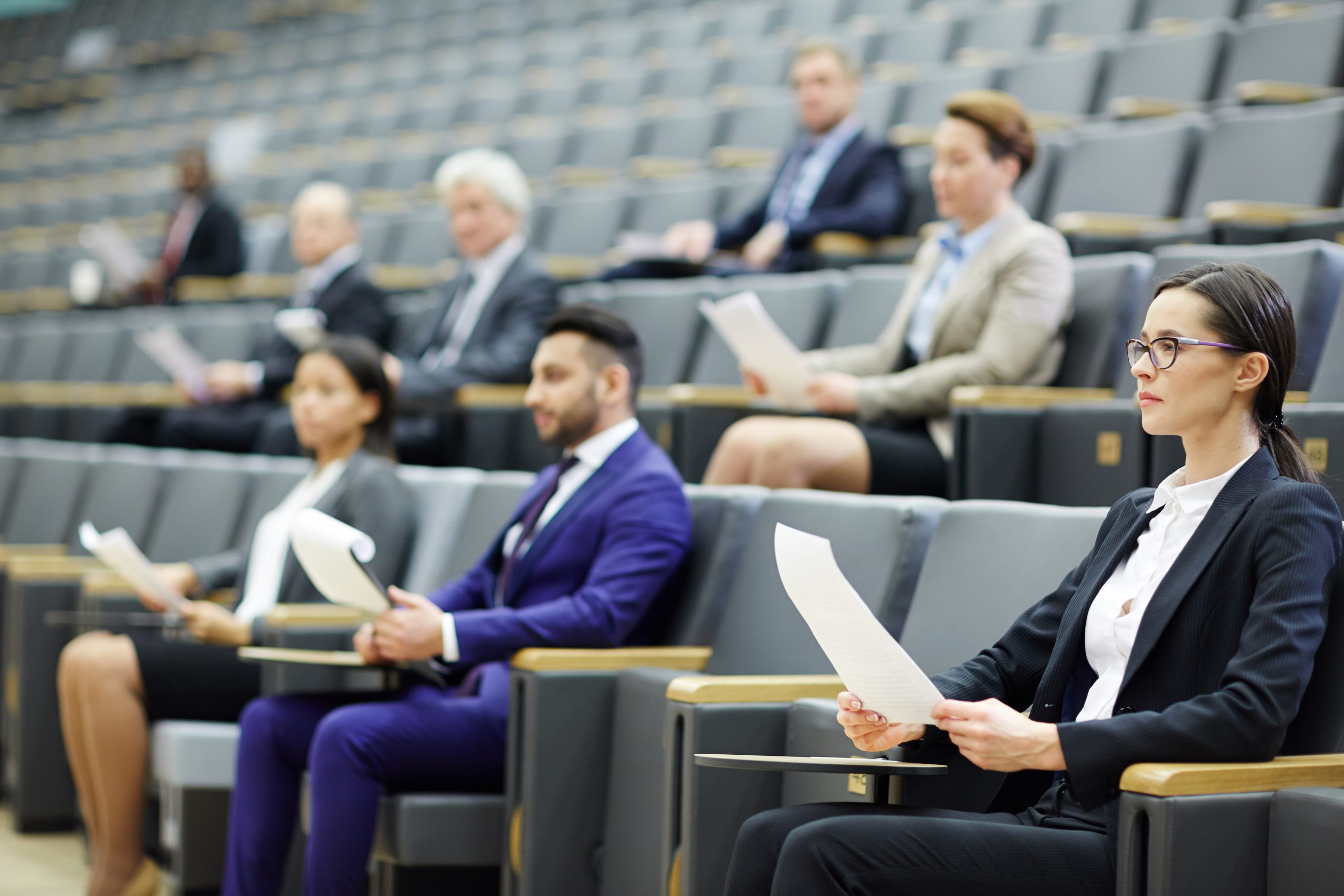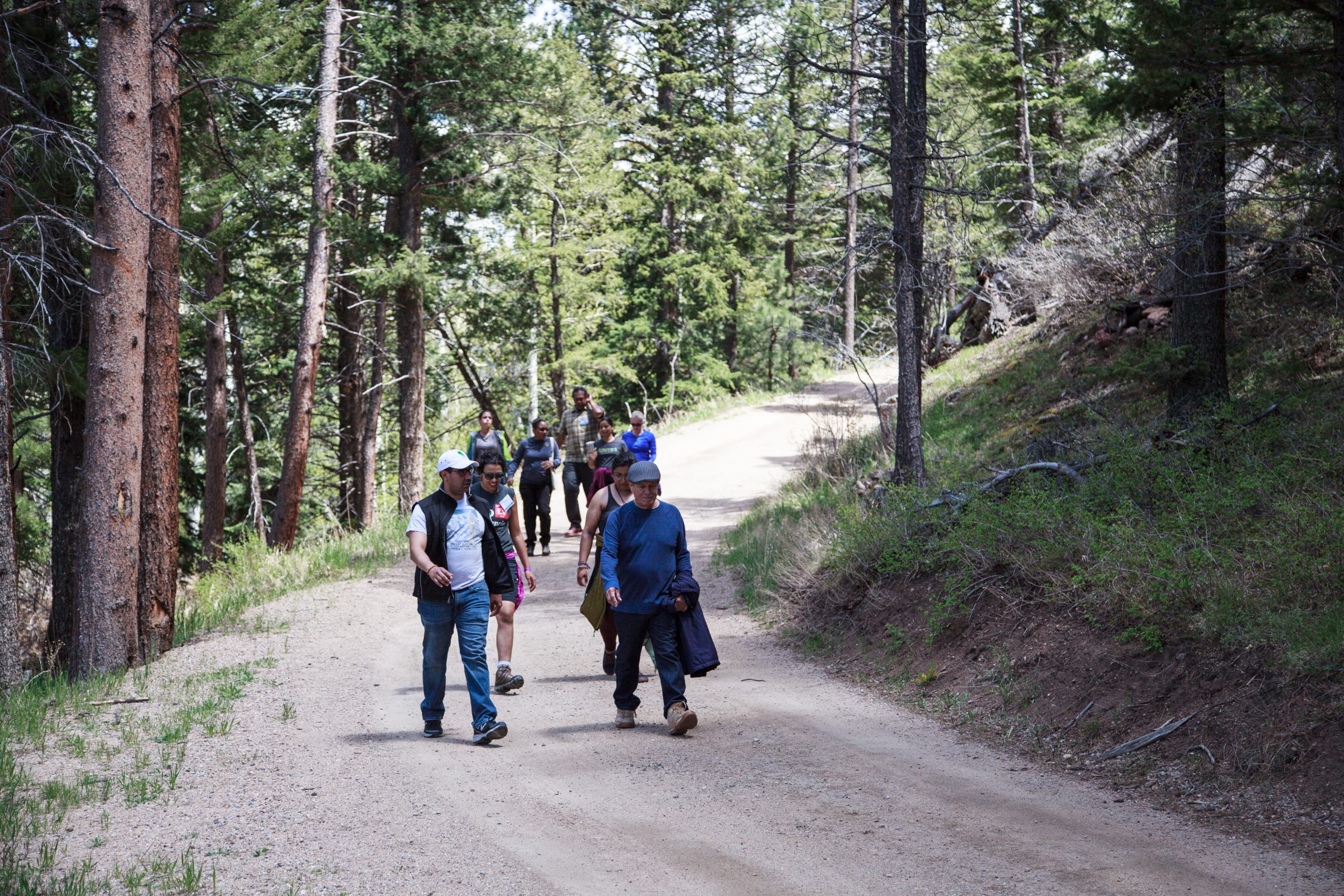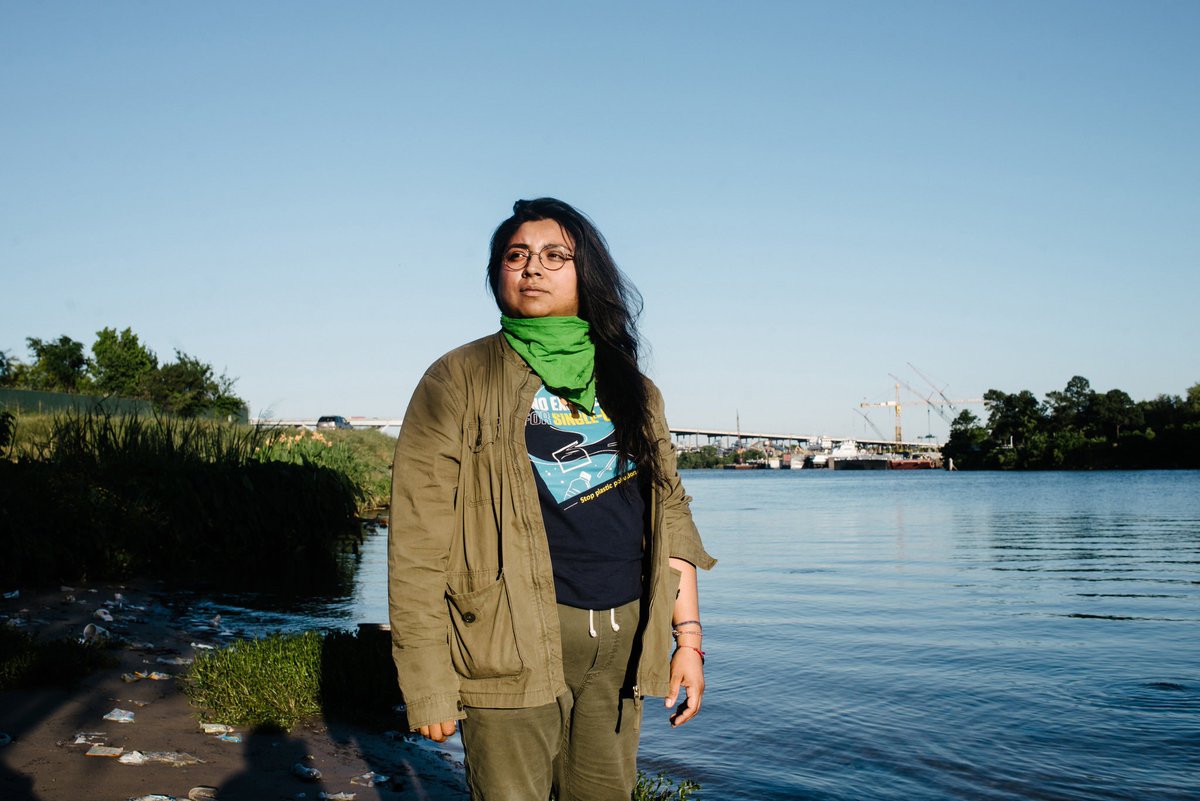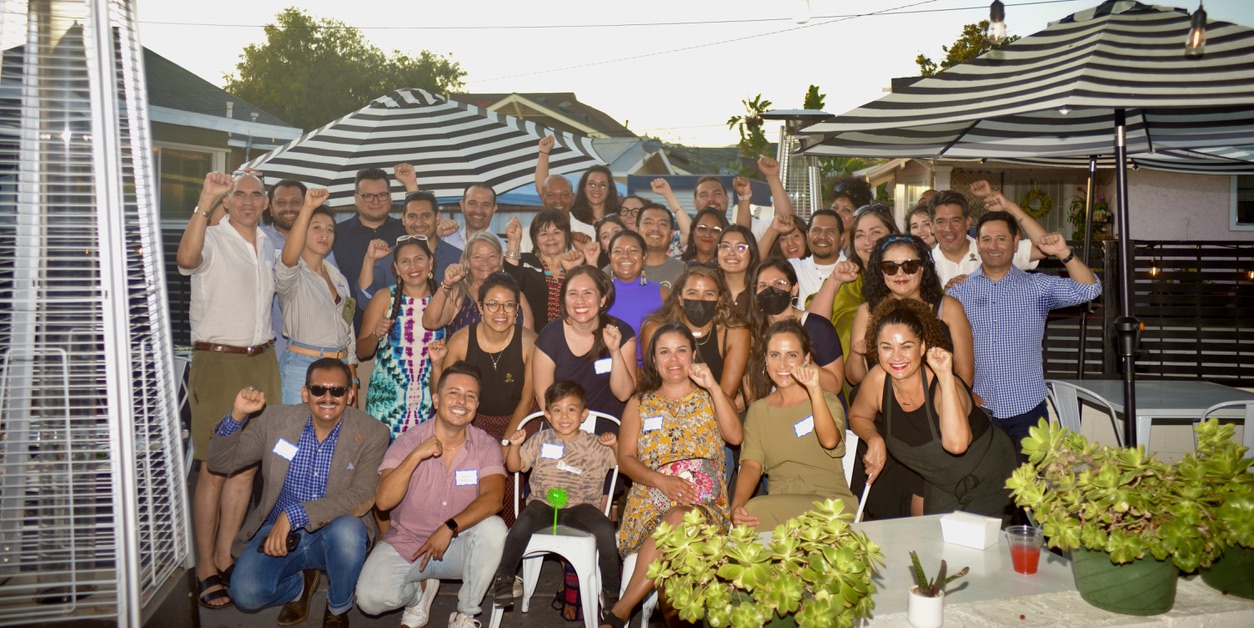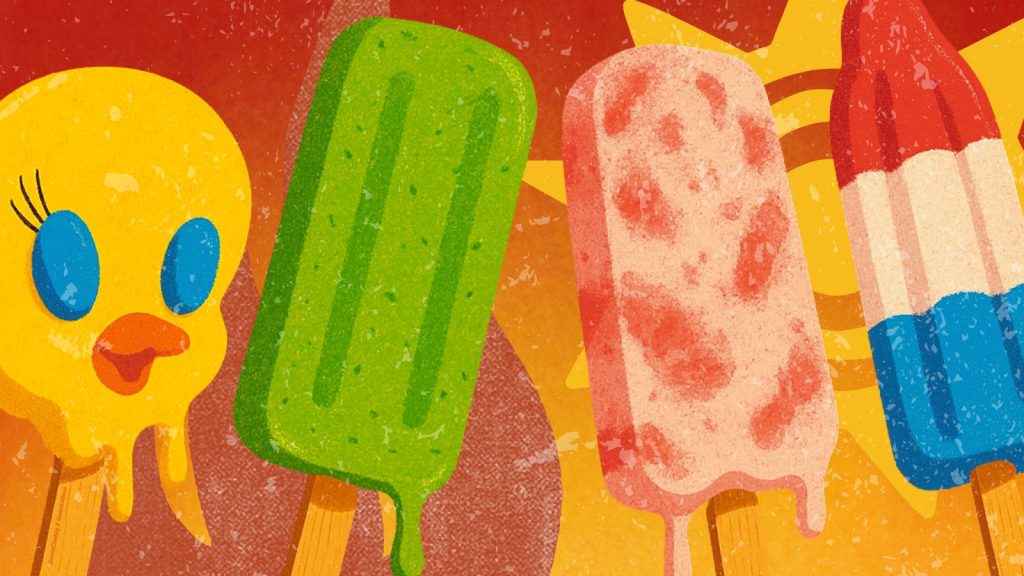
Summer has arrived, but for millions across the U.S., it’s not the season of pool days and sunshine we like to imagine. It’s a season of dangerous heat waves, soaring energy bills, and neighborhoods left behind by climate action.
For Latino/a/e communities, that reality is even harsher. Extreme heat isn’t just inconvenient, it’s deadly.
In fact, extreme heat is now the deadliest weather disaster in the country. And it’s getting worse. Fossil fuel pollution and decades of political inaction have supercharged our climate, turning ordinary summer days into life-threatening events.
But this crisis isn’t just measured in degrees. It’s measured in who has trees and parks and who doesn’t. Who can afford to stay cool and who can’t? Those who work outside with no protections and those who have the privilege to stay indoors.
That’s the injustice behind extreme heat. And it’s time to talk about it.
Fossil Fuels Are Heating Up Our Communities
This summer, large parts of the U.S. are already enduring record-breaking heat waves that scientists say would be nearly impossible without climate change. Experts at Climate Central and the Union of Concerned Scientists confirm what many of us feel every day. The burning of oil, gas, and coal is making summer more dangerous.
But not everyone is impacted equally. Latino/a/e communities are disproportionately exposed to both pollution and climate risks. We’re more likely to live near highways, power plants, and oil wells. We’re more likely to rent older, inefficient homes in neighborhoods with little shade. And we’re more likely to work outdoors, where heat protections are weak or nonexistent.
The Latino Climate Justice Framework has documented how our communities face higher energy burdens, more air pollution, and higher risks from extreme heat. Latinos are 21% more likely than white individuals to reside in urban heat islands, neighborhoods with few trees and lots of asphalt that trap heat and make summer even more dangerous.

The “Big Beautiful Bill” is Making It Worse
While communities are sounding the alarm, some politicians are pushing us in the wrong direction. The so-called “Big Beautiful Bill,” recently passed by Congress, is being sold as an economic fix. But behind the rhetoric are dangerous cuts that make extreme weather even more deadly.
The bill slashes Medicaid expansion, putting health coverage out of reach for millions, including many essential workers who face the greatest risk during heat waves. It guts clean energy tax credits that help bring solar, wind, and energy efficiency to communities that need them most. It cuts critical funding for cooling infrastructure like trees, parks, and home upgrades. And it shields polluters by making it harder to regulate the industries driving climate change in the first place.
These cuts come as Latino/a/e families already face some of the highest energy costs in the country. According to the LCJF, Latino households in major cities pay, on average, 24 percent more on energy than white households. For many, reliable air conditioning is still out of reach.

Extreme Heat Comes with an Economic Price
The impacts of extreme heat extend far beyond health. It’s an economic disaster for working families.
Outdoor laborers, farmworkers, and construction crews, many of whom are Latino/a/e, face lost wages, rising medical bills, and, in the worst cases, death. As temperatures rise, so do energy bills. But with many Latino/a/e families locked out of energy efficiency programs and affordable solar, they are left with impossible choices between staying cool and paying rent.
The LCJF highlights that nearly 52 percent of Latino/a/e households are renters, living in older housing that is often unprepared for extreme weather. These homes lack proper insulation, efficient cooling, and access to affordable energy programs that could ease the burden.
Real Solutions Exist but We Need Bold Action
It doesn’t have to be this way. Across the country, Latino/a/e communities are building real, community-led solutions rooted in justice.
In Brooklyn, the Sunset Park Solar project puts clean, affordable energy directly into the hands of local residents. This community-owned solar initiative lowers energy bills, builds community wealth, and reduces reliance on fossil fuels.
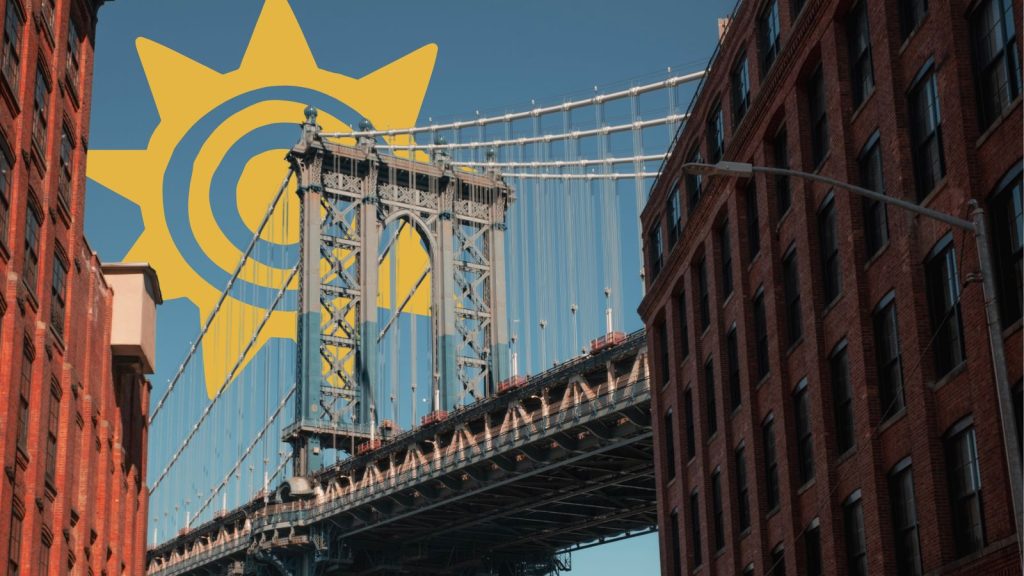
But solutions like these need support, not sabotage. We need elected leaders to reverse the harmful cuts in the “Big Beautiful Bill” and invest in cooling infrastructure, energy-efficient homes, and equitable clean energy programs. We need strong protections for outdoor workers. We need to stop subsidizing the fossil fuel industry and reject false solutions like carbon capture that only delay real progress.
Passing Strong OSHA Standards is Critical
Passing strong OSHA standards to protect workers from extreme heat, both indoors and outdoors, is critical as heat waves become increasingly intense and frequent. GreenLatinos is actively urging OSHA to pass and strengthen its proposed Heat Injury and Illness Prevention Rule because frontline workers, including many Latino workers, face disproportionate risks from dangerous heat exposure. We delivered powerful public testimony during OSHA’s recent hearing and submitted a petition signed by over 120 individuals calling for robust heat protections. These standards are essential to saving lives, creating safer workplaces, and advancing environmental justice. Check out our testimony on Twitter and join us in urging OSHA to finalize strong heat protection rules.
Our Communities Deserve Relief, Resilience, and Respect
Extreme heat is a public health issue, a human rights issue, and an environmental justice issue. Latino/a/e communities are leading the call for change, but we need policymakers to listen and invest in real, community-rooted solutions.
When the heat rises, it exposes the cracks in our systems. But it also reveals the strength of our people and the power of collective action.

Join the Climate Justice & Clean Air Collective!
Want to take meaningful action on clean air and climate justice in Latino communities? Be part of our Collective! You’ll get updates, resources, and chances to plug into virtual and in-person events—all while building power with GreenLatinos.

